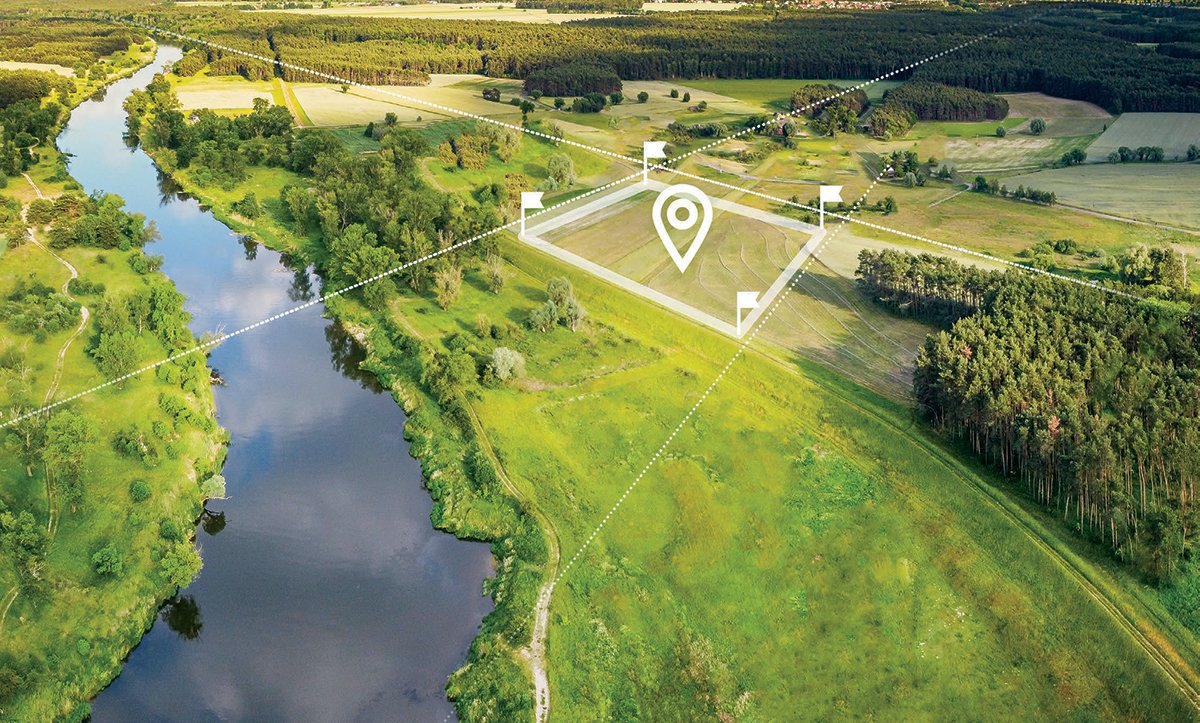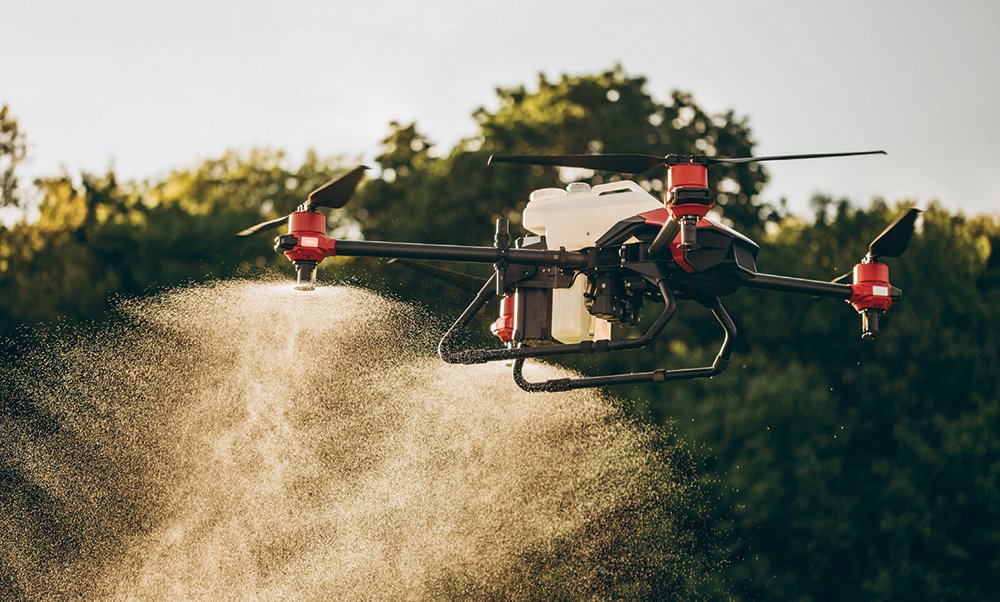People & Programs
Sean Cunningham
Computing on the Continuum
ICICLE project democratizes AI in digital agriculture, animal ecology, and smart food

Advanced computing relies on a robust cyberinfrastructure (CI) to power and sustain research. Computing centers like TACC grow in line with demands. A few years ago, this meant technology had to keep pace with “Big Data” as the volume of scientific data swelled to levels never before encountered.
The volume of data that can be generated and collected has not abated, but there is another heavy demand on CI, artificial intelligence. This is the focus for ICICLE—Intelligent Cyber-infrastructure with Computational Learning in the Environment—which aims to build out a CI foundation and to democratize AI so it is accessible for experts and non-experts alike.
“The field is changing, especially if you look at what people call the ‘computing continuum,’” said Dhabaleswar Panda, the project’s principal investigator and distinguished professor of computer science and engineering at Ohio State University. “With the invention of these tools and sensors, data is no longer static, data is dynamic.”

ICICLE has three broad applications: digital agriculture, animal ecology, and smart food sets. These areas allow researchers to bring together a diverse set of disciplines and data streams to develop the tools needed to serve as a starting point for AI and machine learning.
Imagine a farmer programming a drone to recognize infestation or disease in their crop and how to flag problem areas. A researcher tracking animal migration using trail cameras to automatically remove images not related to the animals, thereby increasing the amount of time the camera can be left unattended in the field. A food distributor who needs information on how a hurricane will affect their region from weather forecasts to shipping manifests to grocery shopping trends.
“If you go back a couple of decades everything happened in the data center. But now, there has been this transition where computing is happening across a continuum,” said Joe Stubbs, who manages TACC’s Cloud and Interactive Computing team.
TACC is supporting ICICLE through TAPIS, an open source, web-based application programming interface for managing computational workloads. TAPIS allows scientists to focus on their research instead of the technology needed to accomplish it.
Going forward, Panda and Stubbs are working to make these tools plug-and-play. “We can’t ask farmers to learn AI,” Panda quipped, “but we can convert all these things into a phone app so anyone can use it.”
The ICICLE project is funded by the National Science Foundation (NSF) under grant number OAC-2112606.

